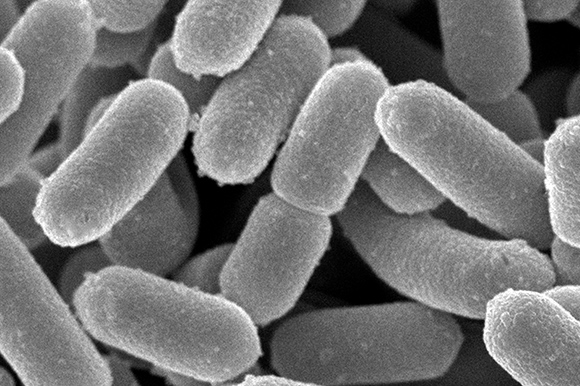Probiotics: Bifidobacterium infantis M-63 (M-63)

Bifidobacterium infantis M-63 is a clinically studied probiotic strain known for its role in infant gut development, immune modulation, anti-inflammatory effects, and digestive health. This strain is particularly beneficial for newborns, preterm infants, and individuals with gut-related disorders, supporting overall microbiome balance and health.
What is Bifidobacterium infantis M-63?
Bifidobacterium infantis is a gram-positive, anaerobic probiotic bacterium naturally found in the intestines of infants and breastfed babies. The M-63 strain is recognized for its high capacity to digest human milk oligosaccharides (HMOs), which enhances beneficial gut microbiota composition, strengthens immune defenses, and protects against intestinal inflammation.
Health Benefits of Bifidobacterium infantis M-63
- Promotes Infant Gut Microbiome Development
B. infantis M-63 colonizes the gut effectively in early life, supporting the growth of beneficial bacteria and preventing harmful pathogens from thriving. It plays a vital role in the healthy development of the gut microbiome. - Supports Immune System Function and Reduces Inflammation
This strain helps regulate immune responses, reducing pro-inflammatory markers and enhancing immune defense, making it beneficial for infants, children, and adults prone to immune-related conditions. - Aids in Digestion and Nutrient Absorption
B. infantis M-63 is highly efficient at breaking down human milk oligosaccharides (HMOs) into beneficial short-chain fatty acids, improving digestion and nutrient uptake while supporting overall gut health. - Protects Against Gastrointestinal Disorders
Studies suggest that B. infantis M-63 helps prevent and alleviate gut-related conditions such as colic, diarrhea, irritable bowel syndrome (IBS), and inflammatory bowel diseases (IBD) by strengthening the gut barrier and reducing gut inflammation. - Beneficial for Preterm and Low-Birth-Weight Infants
B. infantis M-63 is commonly used in neonatal care to support gut health in premature infants, helping reduce the risk of necrotizing enterocolitis (NEC) and other intestinal disorders.
Scientific Support
- Infant Gut Microbiome & HMO Utilization: B. infantis efficiently digests human milk oligosaccharides, promoting beneficial gut bacteria growth (Wong et al., 2024).
- Immune System Support & Anti-Inflammatory Effects: Modulates immune responses and reduces gut inflammation, improving overall immunity (Turroni et al., 2012).
- Digestive Health & Nutrient Absorption: Enhances digestion and protects against gastrointestinal disorders such as IBS and IBD (Martin et al., 2016).
- Neonatal Health & Preterm Infant Support: Helps prevent necrotizing enterocolitis (NEC) and supports gut development in preterm infants (Gritz & Bhandari, 2015).
